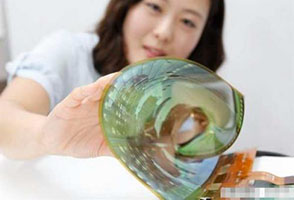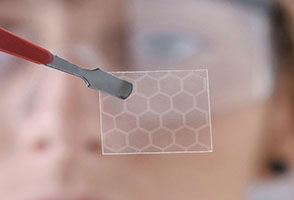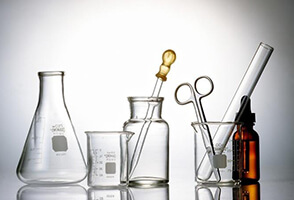What makes our nano silver so unique is that it is made from plant compounds and the nanoparticles are consistent in size and much smaller than traditional colloidal products. While most "colloidal" products typically have very different particle compositions because they are made using old, obsolete, non-biocompatible methods, the nanoparticles are consistent and much smaller than traditional colloidal products. Colloidal silver's particles are not of the same size and break into solution with inconsistent results and lack of viability, which is why it is important not to confuse "colloidal silver" with nanosilver. UIV CHEM tells you the difference between Colloidal Silver and Nano Silver.
1.Bactericidal Effect
Some people claim that colloidal silver can help treat bacterial, viral and fungal infections.
Before the discovery of antibiotics, colloidal silver was a popular antibacterial treatment. In vitro studies have shown that colloidal silver can kill a wide range of bacteria, however, the effectiveness of doing so has not been tested in humans as an antimicrobial treatment due to the risks associated with ingesting colloidal silver. Similarly, no studies have investigated the effects of ingesting colloidal silver on human viruses, so there is a lack of evidence to support its use in this manner.
Nanosilver is very small and can enter small spaces. These spaces include our cells and the cells of other organisms. What happens when silver reacts with moisture in the air - these nanoparticles release silver ions. Silver ions are positively charged silver atoms. Some studies have shown that silver ions can kill microbes by breaking down cell membranes. This causes the microorganism's cells to "leak". The affected cells quickly die. Other studies have shown that the nanoparticles themselves can kill microbes.
2. Is it safe
As a compound, silver found in the environment is considered to be very safe. However, the environmental and health risks of silver nanoparticles are unknown, and ingestion of colloidal silver is considered unsafe. The greatest risk associated with chronic exposure to colloidal silver is silver toxicity, a condition in which the skin turns a bluish-gray color due to the accumulation of silver metal particles in the body and skin. Silver deposits can also occur in the intestines, liver, kidneys and other organs.
So far, studies have shown that nanosilver and the silver ions it sheds are probably harmless to people (except for turning some of them blue). You can never prove that every technology is safe until you use it, but silver does not appear to be toxic to us.
In a 2011 study published in the journal ACS Nano, Hutchison's team looked at silver jewelry and cutlery under a high-powered microscope. They found that solid silver products were shedding nanoparticles. "This means that nano-silver has been in contact with humans for a long time," he says. He concludes, "It should be reassuring to know that these exposures don't appear to be causing harm."
3. Stability
In contrast to nanosilver, colloidal silver is unable to remain stable under various conditions. This is because colloidal silver is made by running an electric current through a silver wire using a physical electrical model. This results in the splitting of silver particles and ions that have no capping agent and are unstable outside of water. Silver nanoparticles are stable because their plant-based capping agents prevent them from breaking down. Moreover, they respond well to various environments such as salts and biomolecules. This makes nanosilver solutions more effective than colloidal silver solutions with unstable ions and inconsistent particle sizes.
Now you have some results in your mind. Nano silver has very good antibacterial properties, which can be widely used in various antibacterial disinfection scenarios: textiles, paper products, plastic products, coatings, medical, daily antibacterial disinfection. Contact us for more information.




